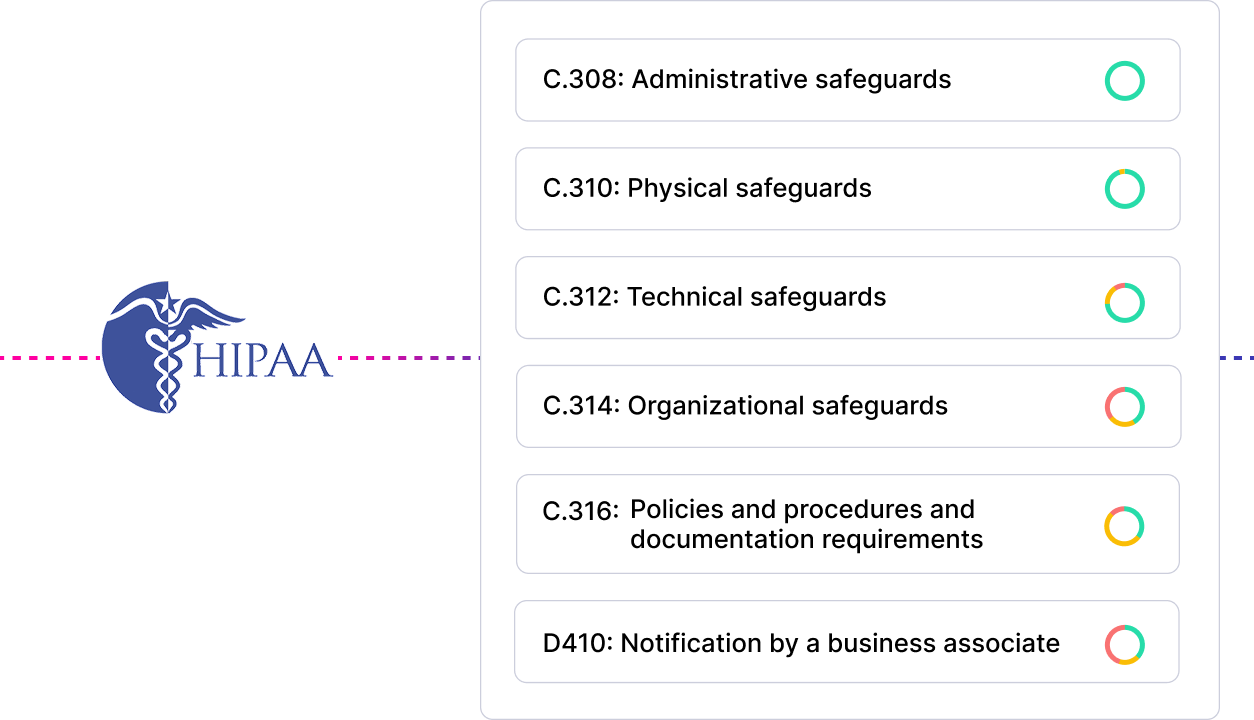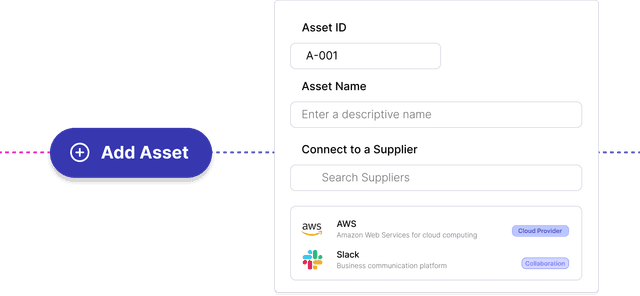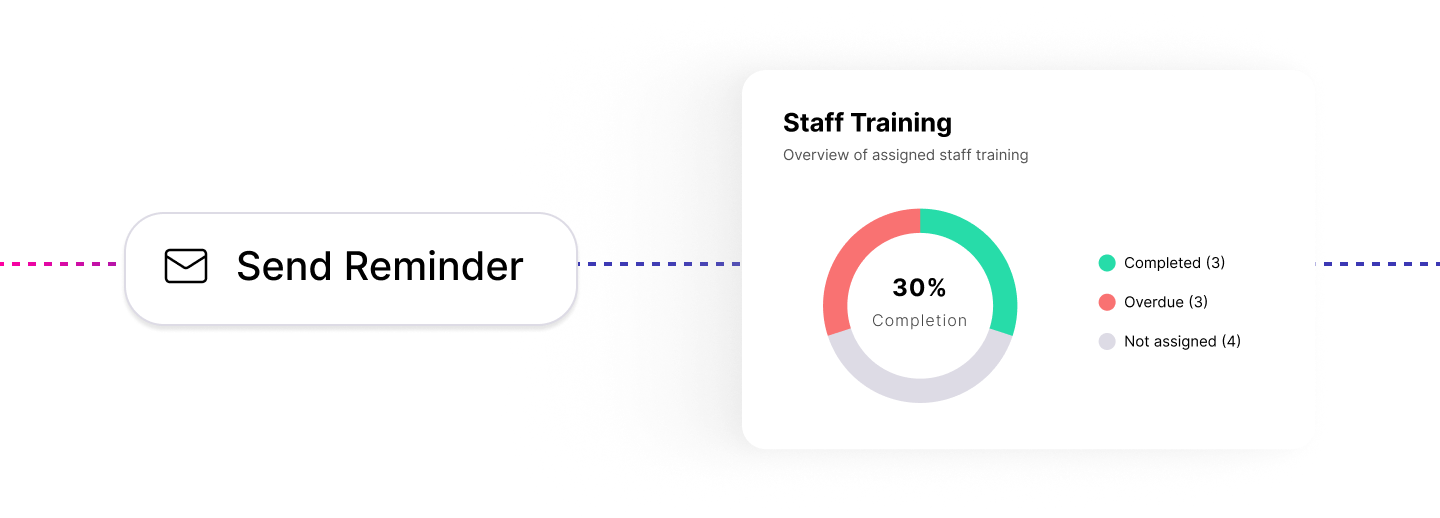
SOC 2 for Healthtech: Unlocking Opportunities in the US
As UK healthtechs expand into the US and sell to enterprise customers, SOC 2 often becomes a key requirement. This guide explains what SOC 2 is, who it’s for, the difference between Type I and Type II, and how it helps unlock enterprise deals.
Cordi Mahony•Jan 04, 2027
SOC 2 for Healthtech: Unlocking Opportunities in the US









